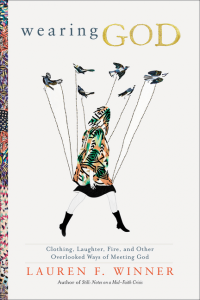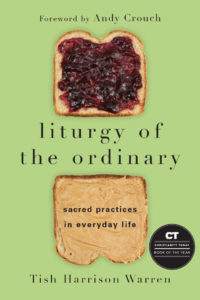 When I was pregnant, everyone warned me about a newborn’s eating schedule. “You will feel like you’re feeding this kid around the clock,” they said. But no one told me about the unexpected perk of being confined to a chair for approximately 1/3 of your life during those first few months: you get to read oh-so-many books.
When I was pregnant, everyone warned me about a newborn’s eating schedule. “You will feel like you’re feeding this kid around the clock,” they said. But no one told me about the unexpected perk of being confined to a chair for approximately 1/3 of your life during those first few months: you get to read oh-so-many books.
One of my favorite books during the newborn season wasn’t specifically about parenthood, but it felt especially timely, as it helped me reframe the simple, ordinary things I was doing as having spiritual significance.
No matter what season of life you find yourself in, I invite you to join me in reading Liturgy of the Ordinary by Tish Harrison Warren. We will be discussing the book in August (and there will be a free book for one lucky commenter!).
Here’s the publisher’s description of the book:
In the overlooked moments and routines of our day, we can become aware of God’s presence in surprising ways. How do we embrace the sacred in the ordinary and the ordinary in the sacred?
Framed around one ordinary day, this book explores daily life through the lens of liturgy, small practices, and habits that form us. Each chapter looks at something―making the bed, brushing her teeth, losing her keys―that the author does every day. Drawing from the diversity of her life as a campus minister, Anglican priest, friend, wife, and mother, Tish Harrison Warren opens up a practical theology of the everyday. Each activity is related to a spiritual practice as well as an aspect of our Sunday worship.
Come and discover the holiness of your every day.
Join us in August for our online book discussion!

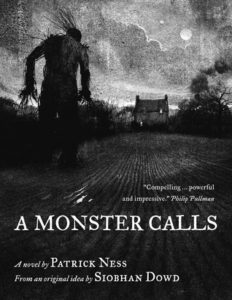 Thanks for joining us for the virtual book club on
Thanks for joining us for the virtual book club on 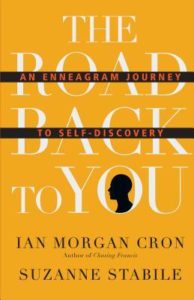 Thanks for joining us for the virtual book club on
Thanks for joining us for the virtual book club on 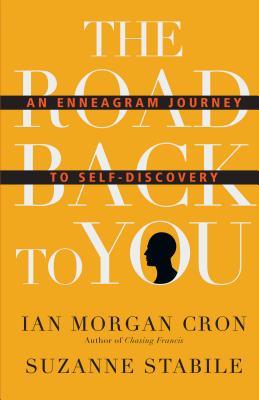
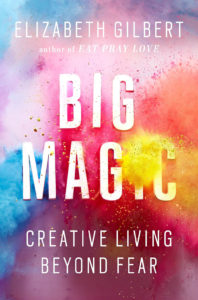 Thanks to everyone who read and/or discussed our last book club about
Thanks to everyone who read and/or discussed our last book club about 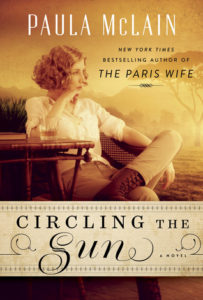 For this edition of our virtual book club, we’re discussing
For this edition of our virtual book club, we’re discussing 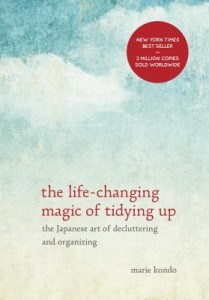 Thanks for joining us for the virtual book club! It’s easy to participate. Just read the book, and then at your own convenience, add your thoughts in the comments section. You can respond to any of these discussion questions—or just say what you thought of the book.
Thanks for joining us for the virtual book club! It’s easy to participate. Just read the book, and then at your own convenience, add your thoughts in the comments section. You can respond to any of these discussion questions—or just say what you thought of the book.